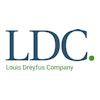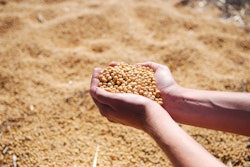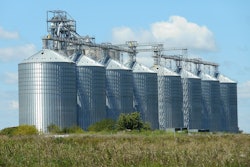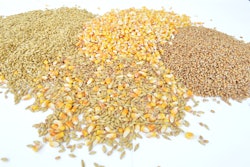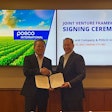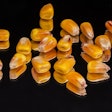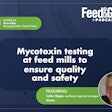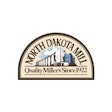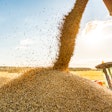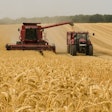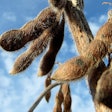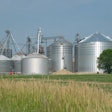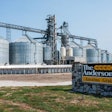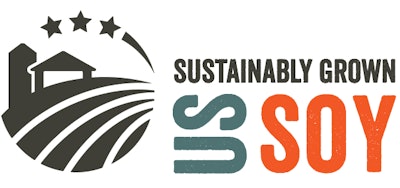
U.S. soy is taking a big step to make its mark as a global leader in sustainability. From January 19 through March 19, the United Soybean Board is teaming up with partners fromSoylentandDuPont试点项目identif营养和生物科学ying their products and ingredients as being made with sustainably grown U.S. soy.
The companies will use the new Sustainably Grown U.S. Soy mark, which recognizes soy ingredients that have originated from a system of continuous improvement. The goal of this food industry innovation is to improve sustainability in product supply chains from farm to fork.
“It feels good knowing that when I grow this nutrient-dense protein, I am not only helping the food industry feed millions of families across the country sustainably but also contributing to a cleaner planet for the next generation,” says USB farmer-leader Belinda Burrier, who grows soybeans in Maryland.
The Sustainably Grown U.S. Soy mark is based on a national system of sustainability and conservation laws and regulations and farmer participation in the U.S. Farm Program. It seeks to increase demand for soybeans grown by U.S. farmers who commit to practices such as conservation tillage, cover crops and responsible nutrient management (e.g., right source, right rate, right time and right place). The Sustainably Grown U.S. Soy mark applies to those soybean acres grown under best practices on-farm.
Products carrying the mark contain soy ingredients that:
- Were grown in the United States
- Are compliant with all U.S. environmental regulations
- Protect highly erodible soils and wetlands
- Were grown on family farms with responsible labor practices
Across the U.S., soybean farmers like Burrier are focused on being good stewards of natural resources and have been utilizing sustainable practices on their farms for years. U.S. soybean production benefits from robust conservation programs to reduce soil erosion and protect water quality. These standards, combined with careful implementation of best practices, are observed by more than 300,000 of the nation’s soybean farmers.
In order to increase the perception of soy as a sustainable ingredient, the soy checkoff is bringing the sustainability of U.S. soy front and center to end-user marketing and sustainability teams. USB and U.S. soybean farmers are building connections with important decision-makers who promote products to consumers and ultimately build soy demand.
“DuPont Nutrition & Biosciences is proud to partner with USB and Soylent in developing the Sustainably Grown U.S. Soy mark, which represents the many ways that U.S. soybean farmers are working to ensure that U.S. soy sets the global benchmark for sustainable plant protein production,” says Tony Andrew, Protein Solutions Business Unit Leader at DuPont Nutrition & Biosciences.
Sustainable ingredients won’t just help food companies and industrial partners meet their sustainability goals but their business goals too, as consumer preference for sustainable U.S.-grown products continues to increase. According to USB’s 27th annual Food Industry Insights survey, when a product is associated with the Sustainably Grown U.S. Soy mark, the majority of consumers (nearly 70%) familiar with sustainable farming said they would be more likely to purchase the product — showing a strong correlation between the mark and consumer sales. The mark also assures customers that soy used in ingredients was grown in the U.S. on family farms with responsible labor practices and compliant with all U.S. environmental regulations.
"It’s an honor to be one of the first companies to receive the Sustainably Grown U.S. Soy mark,” says Demir Vangelov, CEO of Soylent. “For years, we have created market-leading products rooted in science and sustainability, so it was important to us to be a part of this pilot.”
After the pilot program, USB anticipates making the mark available to other interested companies. Requests to use the Sustainably Grown U.S. Soy mark will be accepted through a USB-managed portal. To participate, the customer will provide an overview of their supply chain, which will be reviewed by a third-party auditor. The percentage of soy used by end product will be measured and applied against supply standards on a mass balance basis.
To learn more about the Sustainably Grown U.S. Soy mark, please visitsustainableussoymark.com.
AboutUnited Soybean Board
United Soybean Board’s 78 volunteer farmer-directors work on behalf of all U.S. soybean farmers to achieve maximum value for their soy checkoff investments.



